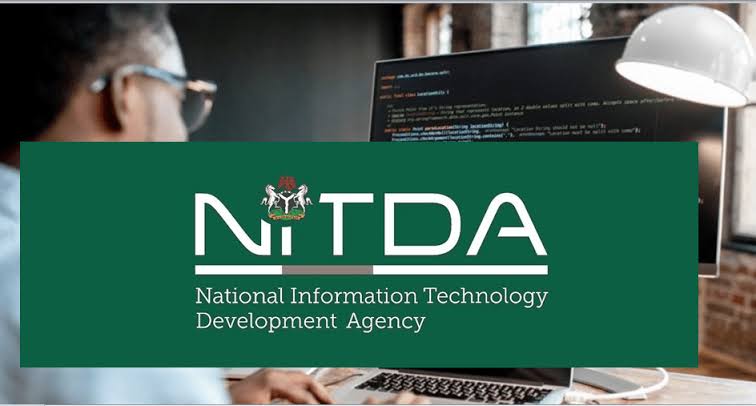Forgotten Dairies
NITDA And The Digital Future Of Nigeria -By Ugwu Austin
For now, NITDA represents both Nigeria’s hopes and its hesitations. It is an institution with enormous potential, but also one that must overcome bureaucratic bottlenecks, funding limitations, and infrastructural gaps. The digital future of Nigeria is within reach, but only if the agency remains proactive, inclusive, and innovative in its approach.

In the fast-changing world of technology, no nation can afford to be left behind. Nigeria, with its vast youthful population and growing tech-savvy generation, has an agency saddled with the responsibility of driving the country’s digital agenda—the National Information Technology Development Agency (NITDA). Since its creation in 2001, NITDA has become the nerve centre of Nigeria’s push toward a digital economy.
Over the years, NITDA has rolled out policies, frameworks, and initiatives designed to promote information technology adoption across government, business, and society. From e-governance projects to digital literacy programmes, the agency has sought to ensure that Nigeria’s growth aligns with global technological advancements. However, its journey has been one marked by both achievements and challenges.
One of the most visible areas of NITDA’s impact is in policy development. The agency is the architect of the National IT Policy, which set the tone for Nigeria’s digital transformation. More recently, it has championed the National Digital Economy Policy and Strategy (NDEPS), aimed at diversifying the economy through ICT. By creating these frameworks, NITDA has given direction to both public and private stakeholders in the tech ecosystem.
Another important intervention has been in digital literacy. Recognizing that human capital is the backbone of any digital economy, NITDA has invested in training thousands of Nigerians in basic and advanced ICT skills. Its scholarship schemes and capacity-building workshops have benefited students, entrepreneurs, and civil servants. The goal is to build a generation capable of competing in the global knowledge economy.
For startups, NITDA has played a catalytic role in nurturing innovation hubs and tech entrepreneurship. Through grants, partnerships, and mentorship programmes, the agency has supported the rise of Nigerian startups in fintech, agritech, and healthtech. In fact, many young innovators credit NITDA for providing the early push that helped them transform ideas into businesses. This support is particularly significant in a country where access to funding remains a huge barrier for entrepreneurs.
However, critics argue that NITDA still has much to do in bridging Nigeria’s wide digital divide. While urban centres like Lagos and Abuja are experiencing rapid digital growth, rural communities remain largely excluded. Internet access, affordable devices, and reliable power supply are still scarce in many parts of the country. Without deliberate efforts to close this gap, some fear that digital transformation may widen inequality instead of reducing it.
Cybersecurity is another pressing issue. With more Nigerians embracing online banking, e-commerce, and digital communications, cybercrimes have become more rampant. NITDA has a mandate to ensure safe and secure use of ICT, but enforcement has been uneven. Many believe stronger collaboration with security agencies, stricter regulations, and awareness campaigns are necessary to protect Nigerians online.
Despite these challenges, NITDA remains a key player in Nigeria’s economic future. Its collaborations with international tech companies, universities, and local innovators demonstrate a commitment to positioning Nigeria as Africa’s digital powerhouse. If properly supported, the agency could drive job creation, enhance governance, and make Nigerian youths globally competitive in technology.
As the world increasingly shifts to artificial intelligence, blockchain, and emerging technologies, NITDA’s role will only become more critical. The agency faces the task of not only catching up with global trends but also tailoring them to Nigeria’s peculiar realities. How well it succeeds will determine whether Nigeria thrives in the Fourth Industrial Revolution or remains a consumer on the sidelines.
For now, NITDA represents both Nigeria’s hopes and its hesitations. It is an institution with enormous potential, but also one that must overcome bureaucratic bottlenecks, funding limitations, and infrastructural gaps. The digital future of Nigeria is within reach, but only if the agency remains proactive, inclusive, and innovative in its approach.
Ugwu Austin Is A 300 Level Student From Mass Communication Department University Of Maiduguri.

























